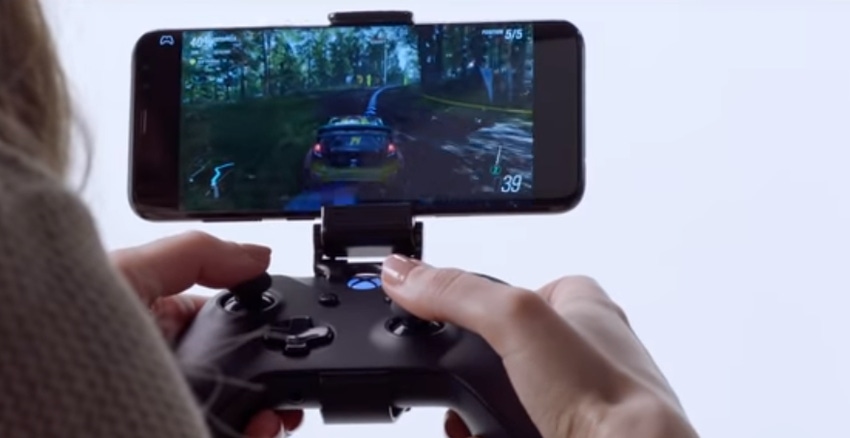Microsoft is about to launch a cross-platform developer kit which will allow the Xbox service, and content on the platform, to be integrated Android, iOS and Switch devices.
February 4, 2019

Microsoft is about to launch a cross-platform developer kit which will allow the Xbox service, and content on the platform, to be integrated Android, iOS and Switch devices.
Although the firm has not announced the developer kit just yet, an overview of its keynote session at the Game Developers Conference in San Francisco next month details the plans. There have been rumours of Microsoft making such a move to broaden and deepen the gaming experience, though this seems to have made the reports official.
“Now Xbox Live is about to get much bigger,” the conference blurb states. “Xbox Live is expanding from 400M gaming devices and a reach to over 68M active players to over 2B devices with the release of our new cross-platform XDK.
“Get a first look at the SDK to enable game developers to connect players between iOS, Android, and Switch in addition to Xbox and any game in the Microsoft Store on Windows PCs.”
Back in October, Microsoft launched Project xCloud, an initiative to extend the reach of the Xbox platform on more devices and screens. This would appear to be the first step towards delivering on the promise of consistent gaming everywhere.
Although gaming has become much more prominent in recent months, this is perhaps more of a plug for the over-arching cloud computing business than it is for the Xbox brand. Taking the Xbox brand onto multiple devices moves the emphasis from hardware into the cloud. Perhaps it would be more accurate to state Microsoft does not care where or what content you are playing, as long as its Microsoft cloud kit which is powering the experience.
Another interesting factor to this snippet of information is it is yet another incremental step towards linking up all the various siloes in the digital world.
With saved passwords, using social media for online authentication and the free flow of personal data through intermediaries, all the internet giants are very keen to ensure each of the siloes throughout the digital economy are linked together. Google is starting to get very good at it, while others are certainly spreading their influence. There is money to be made in connecting the mobile experience to the same laptop user.
Perhaps this also demonstrates another step towards making the smartphone redundant?
Although restricted to gaming for the moment, Microsoft is demonstrating an online profile can follow a user around anywhere. Maybe this could be extended to the entirety of the smartphone and then onto the user’s whole digital profile. With biometric authentication improving, screens could soon become ‘universal interfaces’, with any user loading up his profile in a fraction of a second.
Of course, the communications aspect of the devices would have to be embedded elsewhere, perhaps in connected earphones, and AR glasses would have to take off on-the-go entertainment, but who knows what the digital world will look like in a few years’ time.
About the Author(s)
You May Also Like








.png?width=300&auto=webp&quality=80&disable=upscale)


_1.jpg?width=300&auto=webp&quality=80&disable=upscale)


.png?width=800&auto=webp&quality=80&disable=upscale)